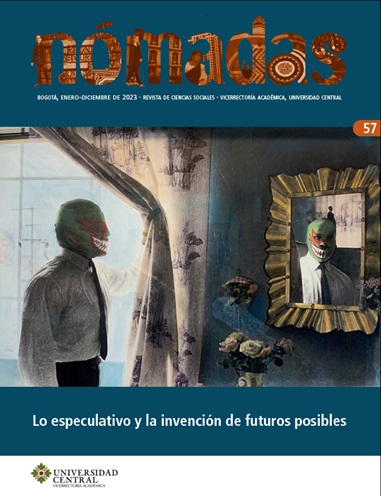Deus ex Machina: Artificial Intelligenceand Epistemic Plurality
Main Article Content
The rapid market introduction of various artificial intelligences (AI) has the potential to bring profound changes to life on our planet. Beyond concerns about privacy and the economic impacts of this shift, this article contributes to the debate on the need to free AI from modern onto-epistemic assumptions that envision it as a hyper-rational agent without subjectivity, producing objective knowledge. As an alternative, it is necessary to conceptualize AI from a plural and localized perspective within other knowledges, opening up possibilities where these technologies do not dominate our futures.
Downloads

This work is licensed under a Creative Commons Attribution 4.0 International License.


